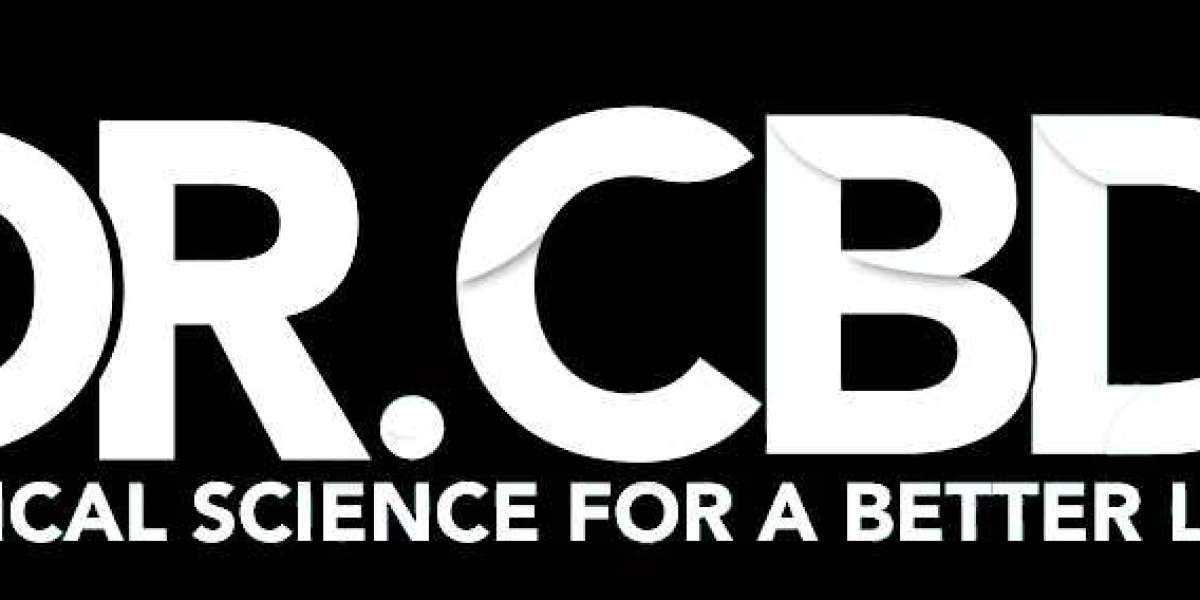The Efficiency Challenge in Healthcare
Today, physicians spend nearly two hours on paperwork for every one hour with patients. This imbalance not only reduces clinical efficiency but also impacts patient outcomes and overall satisfaction.
Key challenges that reduce efficiency include:
Time-consuming EHR entries
Administrative overload
Physician fatigue and burnout
Limited patient interaction
Inaccurate or incomplete documentation
This is where virtual scribe services have transformed how healthcare providers manage their workflow.
How Virtual Medical Scribes Improve Efficiency
Real-Time Documentation
Virtual scribes listen in on patient encounters and chart in real-time, ensuring accurate and immediate documentation without delays.Reduced After-Hours Charting
Physicians can leave their clinics without having to spend hours completing notes, leading to better time management.Streamlined Workflows
Medical virtual scribe solutions integrate seamlessly into EHR systems, reducing the need for double entry or correction later.Enhanced Patient Interaction
Without the distraction of typing, doctors can maintain eye contact, listen attentively, and engage more meaningfully with patients.Error Reduction
Scribes trained in medical terminology and specialty-specific workflows ensure fewer mistakes in documentation.
Benefits of Virtual Scribes for Efficiency
| Efficiency Factor | Impact of Virtual Scribes |
|---|---|
| Time Management | Cuts documentation time by up to 50% |
| Patient Volume | Enables physicians to see more patients daily |
| Chart Accuracy | Enhances compliance and reduces risk of incomplete records |
| Work-Life Balance | Minimizes after-hours work and physician fatigue |
| Administrative Burden | Decreases staff workload by handling non-clinical documentation |
Case Example: Efficiency Gains with Virtual Scribes
A mid-sized family practice adopted virtual scribe services to support five physicians. Within three months:
Physicians reported saving 2–3 hours daily on documentation.
Patient satisfaction scores improved by 20%.
Each physician saw 3–5 more patients per day, increasing clinic revenue.
This example highlights how virtual scribe solutions directly enhance efficiency and profitability in healthcare practices.
Virtual Scribes vs Traditional Methods
| Method | Efficiency Outcome |
|---|---|
| Physician Self-Charting | Slow, time-intensive, leads to after-hours documentation burden |
| In-Person Scribes | Helpful but less flexible, higher cost for onsite support |
| Virtual Scribe Services | Real-time, remote, cost-effective, and highly scalable |
Technology’s Role in Efficiency
The success of virtual medical scribe services is closely linked to advancements in technology:
Secure Cloud Platforms: Enable safe remote access to patient data.
AI and Voice Recognition: Support scribes in improving speed and accuracy.
EHR Integration: Allows smooth workflows without disrupting clinical operations.
By leveraging these tools, virtual scribe solutions ensure efficiency at every stage of patient care.
FAQs
Q1. How do virtual scribes save physicians time?
They handle real-time documentation, allowing doctors to finish visits without backlogs of charting.
Q2. Are virtual scribes better than in-person scribes for efficiency?
Yes. Virtual scribes are more flexible, affordable, and scalable, especially for multi-location practices.
Q3. Can virtual medical scribes support multiple specialties?
Absolutely. They can be trained in cardiology, orthopedics, dermatology, family medicine, and more.
Q4. Do virtual scribes improve patient satisfaction?
Yes. With doctors spending more time listening and engaging, patients feel more valued and cared for.
Q5. Are virtual scribe services suitable for telehealth?
Yes. Virtual scribes integrate seamlessly with telemedicine workflows, ensuring accurate records for virtual visits.
Conclusion
The role of virtual medical scribes in boosting healthcare efficiency cannot be overstated. By reducing administrative burdens, improving documentation accuracy, and allowing physicians to focus on patients, virtual scribe services have become essential to modern healthcare practices.
As the demand for better efficiency grows, adopting virtual scribe solutions is not just a choice—it is a necessity for sustainable, patient-centered care.


